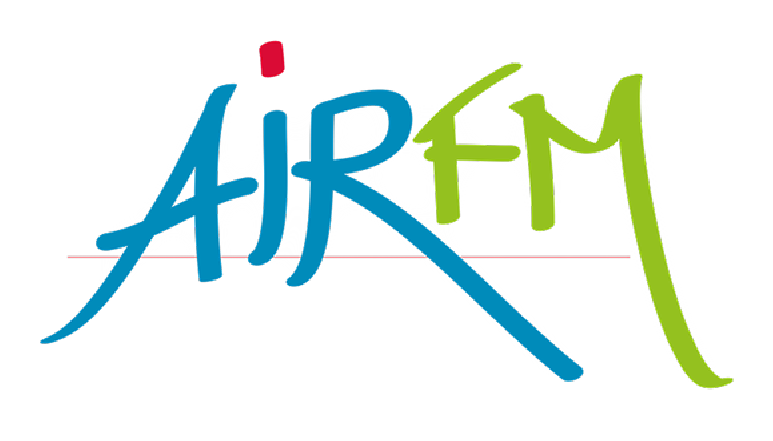
In the context of gyms, accounting plays a pivotal role in ensuring accurate financial management, enabling owners and managers to make informed decisions to propel their businesses forward. The importance of accounting lies in its ability to provide a clear picture of a gym’s financial health by tracking revenue, expenses, assets, liabilities, and equity. Using a platform like Exercise.com can help automate some of these processes, especially regarding revenue tracking. Understanding accounting principles and using effective financial analysis tools are critical for managing gyms successfully. Accurate records enable the gym management to track revenue trends, monitor expenses, and identify areas for cost optimization or potential opportunities for growth. Financial statements such as the income statement, balance sheet, and cash flow statement provide a comprehensive overview of a gym’s financial performance.
- Harnessing financial acumen can truly be the difference between a struggling gym and a thriving fitness empire.
- For most businesses, the majority of expenses come due during the middle and end of the month.
- Regular repairs and maintenance not only help prolong the lifespan of equipment but also ensure member safety.
- If any downfall happens in a gym membership, regular tracking allows you to predict the pattern and then outline the pricing structure accordingly.
- Both accounts payable and receivable enable you to analyze whether your gym is on the profit train or cruising through a loss.
With their help, you can make informed decisions about where to allocate your resources. So if you’re feeling overwhelmed by your business outsourcing your bookkeeping might be the answer. As a business owner, it is important to learn and understand how bookkeeping works.
Invest in Accounting Software
Regular maintenance and repair costs must be budgeted for to keep the equipment in top condition while minimizing downtime. It is essential to establish preventive maintenance protocols to prolong equipment lifespan and avoid costly repairs or replacements. Set money aside throughout the year to avoid a large unexpected bill at tax time. In many locations, you’ll need to register your business with the appropriate local, state, or national authorities, and obtain any necessary licenses or permits.

Payable accounts are the amount that you have to pay to different vendors for equipment, rent, utilities, and payrolls. For example, the membership cost that you have to receive from your clients falls in the category of accounts receivable. After making a record of each transaction Gym Bookkeeping carried out in your gym, you have to ensure that you have categorized each transaction into specific accounts. Distribution of each transaction per category allows you to define the general expenses of your gym and also aids you in determining the financial reporting.
Bookkeeping Services for Gyms
You have to record each transaction, whether it be a membership tier or maintenance of gym equipment. Our team of experts is well-versed in gym-centric financial regulations and will tailor their methods to meet your fitness business’ specific requirements. Yes, gym equipment purchased for business purposes, such as in a fitness center, is typically tax-deductible and can often be depreciated over a set period. For a business owner or an individual, a gym expense typically falls under “operating expenses” or personal expenses, respectively.
Remember, good accounting practices are not just about compliance, they’re an integral part of running a successful business. Regular financial analysis can help you identify opportunities for growth, manage risks, and improve your overall business strategy. You’ll need to report your business income and expenses on your income tax return.

Commentaires récents